TEHRAN (Bazaar) – Professor Paul Pillar, who was CIA intelligence analyst for 28 years, says there is Pelosi's trip cannot be equated with U.S. policy.
Pillar told Bazaar news agency that “President Biden clearly did not want her to make that visit. He did not want to pay the political price needed to lean heavily on her not to make the trip, but that does not mean he was trying to provoke China.”
Following is the text of the interview:
Bazaar: Nancy Pelosi, Speaker of the US House of Representatives, visited Taiwan despite China's warnings. Why is America trying to provoke China at this time?
Pillar: Pelosi's trip cannot be equated with U.S. policy. President Biden clearly did not want her to make that visit. He did not want to pay the political price needed to lean heavily on her not to make the trip, but that does not mean he was trying to provoke China. He doesn't need a crisis there at this time. Those in the United States--Republicans at least as much as Pelosi--who are assertive on matters regarding Taiwan genuinely believe in supporting the freedoms that Taiwanese enjoy as well as seeing that stance play well in terms of domestic politics.
Bazaar: This trip seems to be a sign of a new chapter in US-China relations and even a picture of the future of the world order. That is the order in which America is trying to contain China and bring Beijing into geopolitical conflicts. what is your opinion?
Pillar: There is much debate in the United States, among those who debate about foreign policy and grand strategy, as to just what role China ought to play in any envisioned world order. Some see confrontation as inevitable, with a need for containment similar to the Cold War with the USSR. Others see more opportunity for integrating China into some version of the current world order. This debate is ongoing, and I don't think it is possible to ascribe a specific position to the current U.S. administration.
Bazaar: Taiwan is one of the most important producers and exporters of electronic chips, which plays important role in high tech. In such a way that if there is a war between China and Taiwan, the electronic industries related to cellphones, computers, etc., will be paralyzed. In your opinion, there will be a war between China and Taiwan, and if it happens, what will happen to tech industries in the world?
Pillar: Neither side is seeking a war, and I think a war is less than likely, but it is possible that one may result unintentionally from escalation of some crisis. The impact on tech industries because of the reliance on computer chips is indeed something to worry about. If the production of even one company--the Taiwan Semiconductor Manufacturing Company, which has the most advanced chip-making technology and manufactures many of the chips designed by other firms--were disrupted, the impact would be far more severe than the “chip shortage” that has gotten much attention over the past year. A related global recession might be a result.
Bazaar: What will the new world order look like in terms of economic blocs?
Pillar: A China-centered economic bloc is likely to be part of such an order, especially if China can make enough financial reforms for the yuan to become a more widely used reserve currency than it is now. A western bloc centered jointly on the European Union and the U.S. would be the other main part, although if someone like Trump were to take power again in the U.S., then one could not talk about the U.S. and Europe as a single bloc.
Bazaar: Which countries and blocs will be the poles of power in the future world order?
Pillar: Basically, the U.S., the E.U., and China, although Russia always is there because of its nuclear weapons.

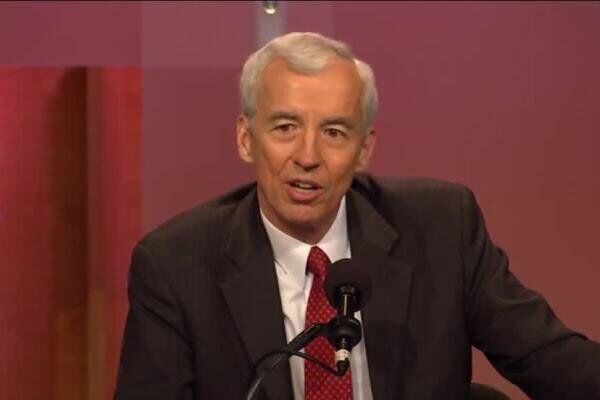




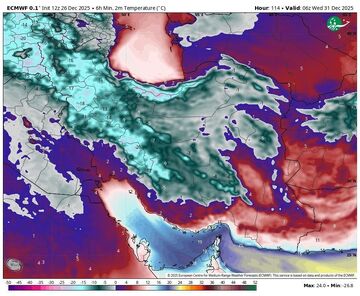
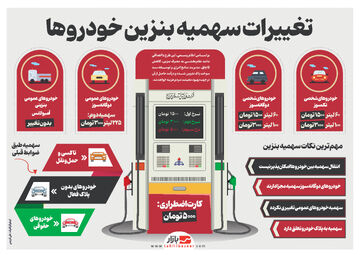

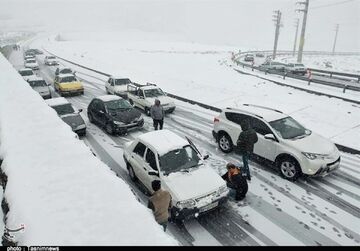
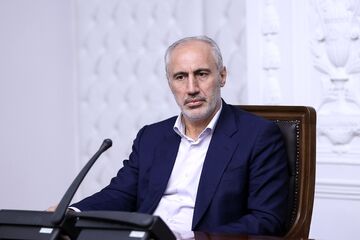




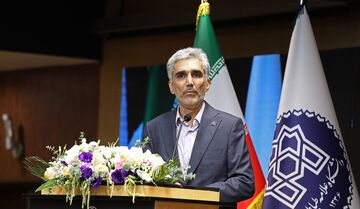
نظر شما